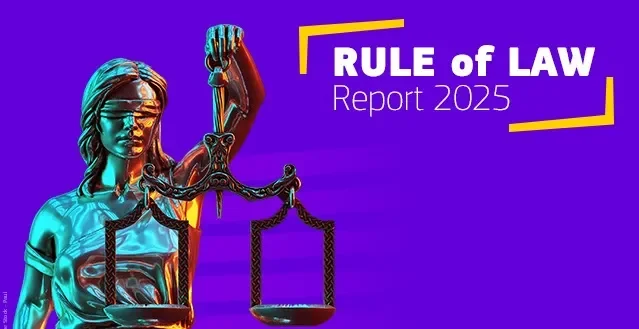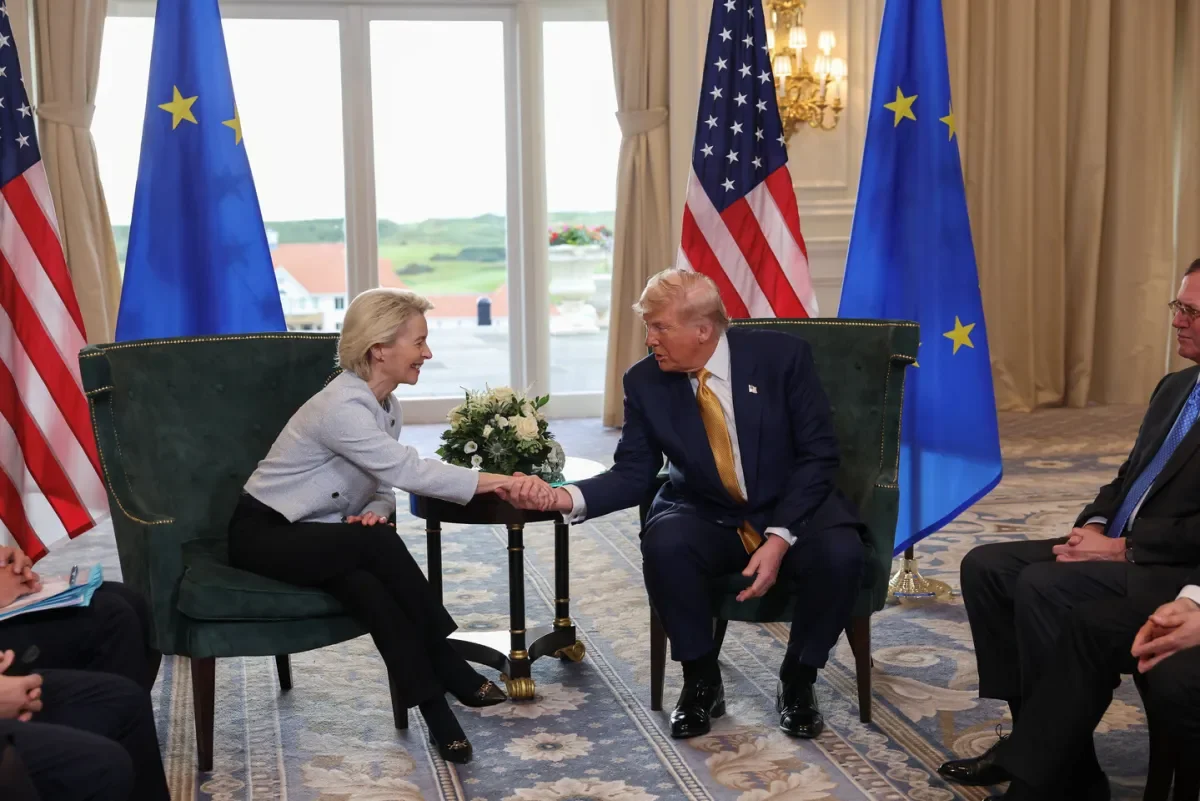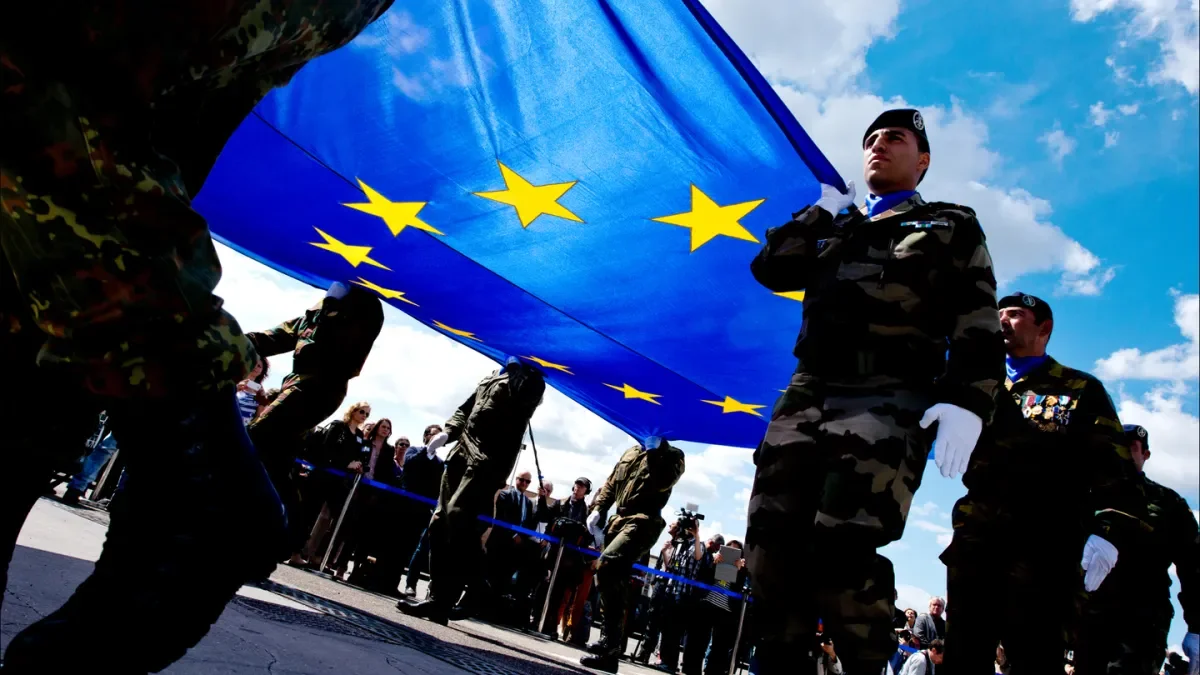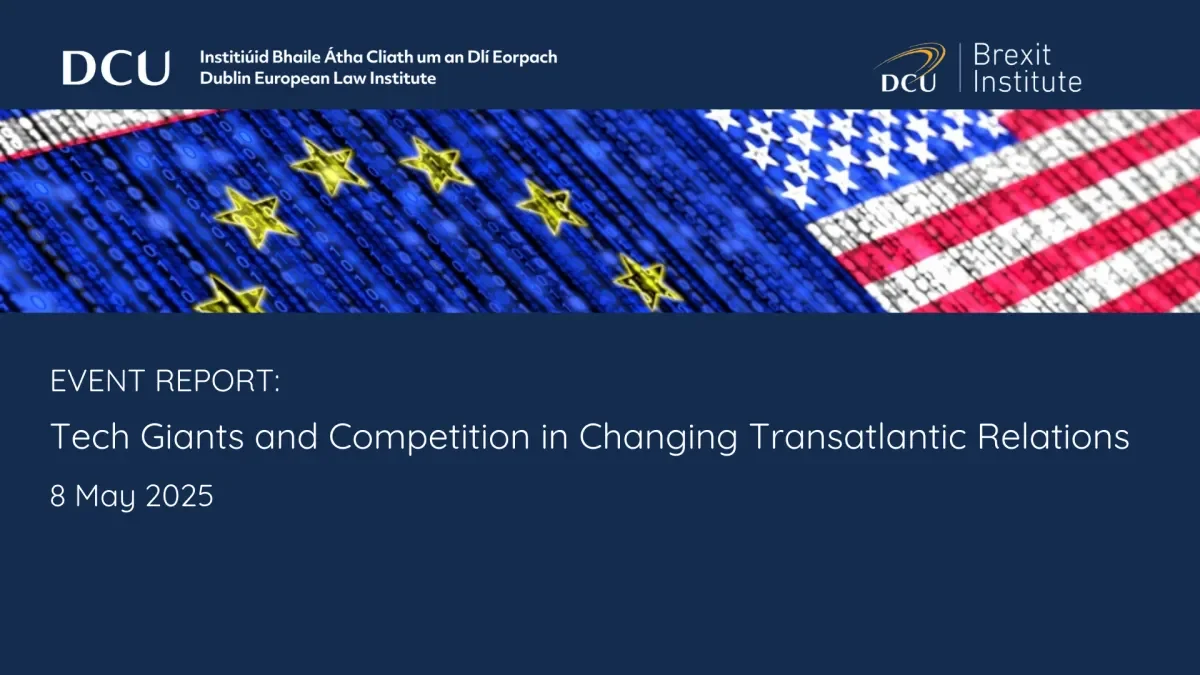
Dr. Elettra Bargellini (Dublin City University)
On 8 May 2025, the DCU Brexit Institute and the Dublin European Law Institute (DELI) hosted a high-level conference on Tech Giants and Competition in Changing Transatlantic Relations. Professor Federico Fabbrini, Full Professor of EU Law and Founding Director of both the Brexit Institute and DELI, opened the event by emphasising the historical significance of the date marking the 80th anniversary of the end of World War II and the eve of Europe Day.
The keynote speech was delivered by Professor Mario Monti, former European Commissioner for Competition and former Prime Minister of Italy. Professor Monti structured his reflections around the three key elements in the title of the event: tech giants, competition, and transatlantic relations. He started by examining the state of play during his time as a European Commissioner for Competition (from 1999 to 2004), when transatlantic relations were rooted in a shared commitment to liberal democracy. At that time, although there were regulatory divergences between the EU and US (such as in the GE/Honeywell and Microsoft cases), they were not seen as signs of a systemic rift but rather as a basis to improve convergence in approaches to competition enforcement. Professor Monti contrasted that historical phase with the current geopolitical landscape, expressing concerns about what he perceives as a de facto abdication by the US from its historic leadership in the free world and market economies. He argued that it increasingly falls to the EU to uphold the rules-based international system and to resist the growing dominance of tech giants. Regarding the EU and US approaches to competition policy, he shared a more optimistic vision. According to him their political and economic frictions will not necessarily lead to conflict in antitrust enforcement. Citing recent statements from US antitrust authorities, he suggested that cooperation on competition matters may remain more resilient than other areas of transatlantic dialogue. For Monti, preserving effective antitrust enforcement on both sides of the Atlantic is essential not only to counter tech monopolies but also to uphold democratic values and market integrity.
The first panelist, Dr. Edoardo Celeste (Associate Professor of Law, Innovation and Technology at DCU and Deputy Director of DELI) shaped his talk around the interplay between GDPR and the new geopolitical implications of EU digital law. He emphasized that the EU is proposing a coherent set of regulatory instruments in the field of digital law, which complements the traditional competition law tools. This framework (which includes the General Data Protection Regulation, the Digital Services Act, the Digital Markets Act, the Data Act, the Data Governance Act, and the Artificial Intelligence Act) forms what he referred to as the digital constitutionalism hexagon, the purpose of which is to ensure data protection and the safeguarding of fundamental rights in the digital sphere. Dr. Celeste also added that while the EU promotes the notion of digital sovereignty and strategic autonomy, it cannot aim for full independence from global partners. On the contrary, it must create strategic alliances with other democratic actors. In this regard he pointed out that compliance with EU digital rules is often not just a legal matter but a bargaining chip in broader negotiations involving trade, defense, and foreign policy. He specifically referred to the US, which has linked compliance with EU rules in exchange for concessions in areas such as NATO contributions or tariff agreements. This, he said, underscores the increasingly geopolitical nature of EU digital governance.
Subsequently, Ms. Gráinne Hughes (Deputy Commissioner at the Irish Data Protection Commission) took the floor. She outlined the unique enforcement model of the GDPR, explaining that this entails a decentralised mechanism (the one-stop shop). Since many big tech companies are based in Ireland, she provided insights on the central role played by the Irish DPC in applying the GDPR across the EU. After looking into the functioning of Article 60 of the GDPR, she delved into how authorities across the EU coordinate enforcement. She also stressed the role of civil society complaints, which have triggered major cases, such as the €530 million fine against TikTok over data transfers to China. She then showed how data protection is increasingly intersecting with competition law, especially with the new DMA, asserting that the DPC is part of high-level groups trying to navigate this overlap.
In conclusion, Dr. Niall Moran (Assistant Professor of European and International Trade Law at DCU and Deputy Director of the DCU Brexit Institute) offered a legal analysis on the fines recently imposed by the Commission on Apple (€500 million) and Meta (€200 million) for non-compliance with Art 5 obligations under the DMA. Apple was fined for violating anti-steering obligations by preventing app developers from informing users of cheaper purchasing options outside its App store. Meta’s case, on the other hand, related to its pay or consent model, which the Commission deemed incompatible with the principle of freely given user consent. He assessed the predictability of these rules noting that while the DMA’s provisions are new and broad, the Commission had clearly communicated its expectations. He rejected the idea that the DMA discriminates against US firms, arguing that the gatekeeper criteria target market power, not the company’s nationality. Despite that he acknowledged that such perceptions of bias are hard to avoid, especially with political tensions rising. By referring to Professor Monti’s perspective, he insisted that from the EU’s perspective, this is a matter of sovereignty and the rule of law; regardless of the geopolitical dimension, the EU cannot refrain from acting.
A recording of the event is available to watch here.
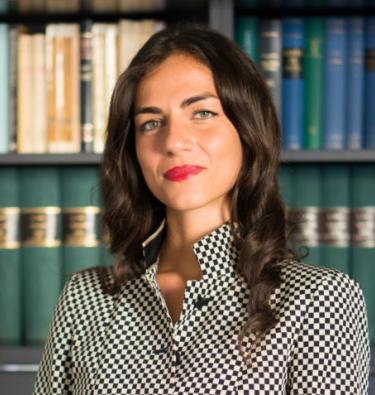
Elettra Bargellini is a researcher at the Dublin European Law Institute (DELI) at Dublin City University (DCU). Her research interests lie in the areas of EU Law, International Trade Law, EU State Aid Law, and WTO Law.

